Breaking the Silence: Surviving the Nepali Earthquake
We were near Everest Base Camp when it hit. It began slowly, but soon, the convulsions are violent enough you could barely stand. A wall of avalanche dust hits my face.
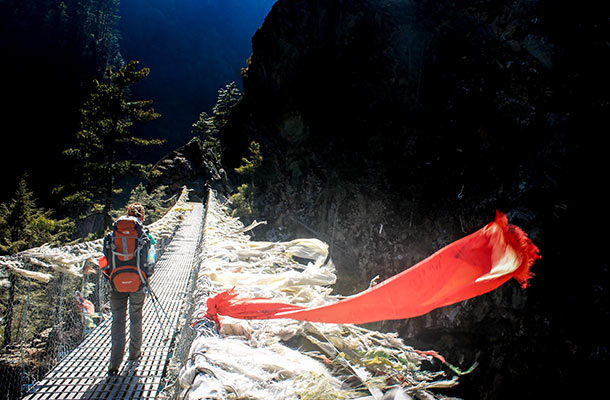 Photo © Jase Wilson
Photo © Jase Wilson
The lives of 19 people were taken that day. This is the first time I’ve talked about it.
“Kathmandu is one of the most earthquake-vulnerable cities in the world” he says.
“I mean, it could be worse than Haiti. I am telling you this now because I need to inform you in case something like this happens while you are posted here.”
It’s 6 am and I haven’t slept much. Rajendra’s words kept repeating through my head. Worse than Haiti.
It was the morning after the earthquake. In the mountains, without connection to the outside world, we could only guess how bad it was.
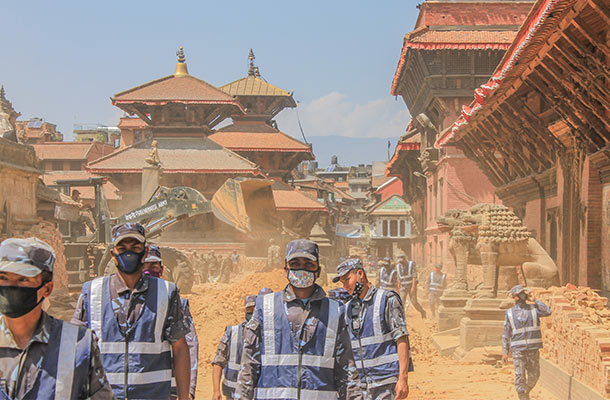
I was posted in Nepal for six months with a Canadian NGO.
Every day in Kathmandu, I could feel the mountains calling to me. On the clearest days, you can see them up there, glowing like big, pink satellite dishes, collecting the last of the evening light.
After work, I would bike through the thick and chaotic traffic to the climbing gym in Thamel, dodging heavy black plumes of diesel smoke, and scooters loaded with entire families.
It was here that I met my climbing partner, Nia, a Welsh veterinarian who was taking a year to travel.
Together we arranged permits to trek to Everest Base Camp, and then to attempt Lobuche, a 6000m peak.
Life has a funny way of destroying perfectly laid plans.
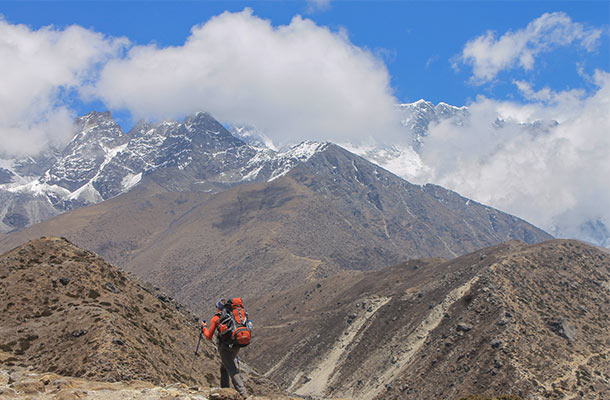
After the quake, Nia and I left Gorakshep to make space for those whom were injured at base camp.
I pondered my own selfishness at feeling disappointed that Lobuche had been taken away.
Deep pangs of guilt for being Western, selfish, and privileged, surged through every confused limb.
The clouds were thick that day, but in some act of God, there was just enough space – maybe 150 metres of visibility – for helicopters to fly beneath the impenetrable wall above.
Loud, booming shots rang off above us as the blades cut through the humidity.
I remember feeling overwhelmed by their bravery, as they fearlessly raced against the coming night.
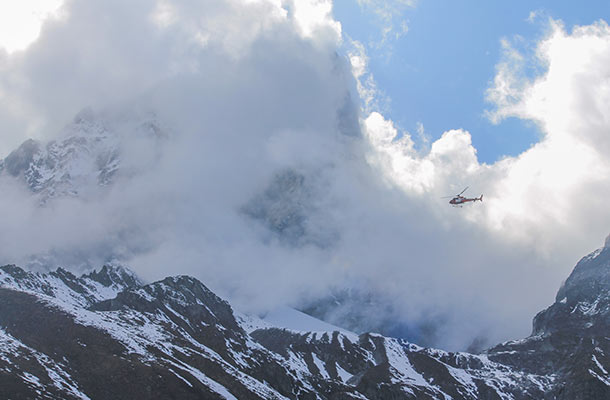
Back in Kathmandu, things had almost returned back to normal.
The mind, when it has reached its maximum, tends to block out stressful abnormalities with routines and other distractions.
Footpaths had been mindlessly cleared through the rubble, traffic patiently veered around the fallen objects.
But there is always some reminder: broken shards of glass from fallen picture frames, or the goodbyes many were never able to say.
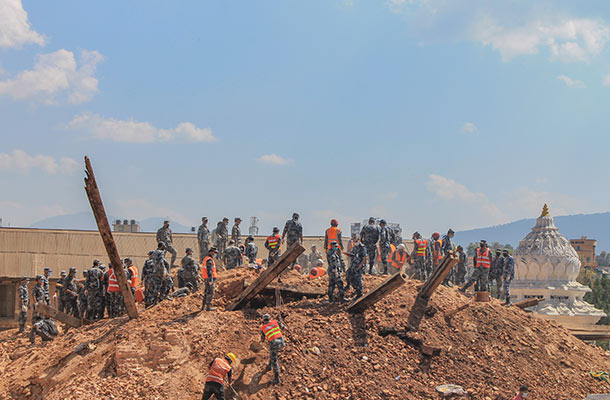
We travel because we seek the exotic, we seek truer versions of ourselves, to discover the world we live in.
We attempt to connect on a deeper level with what it means to be human, through exploring the places and minds of other people.
When we do so, we leave an indelible mark upon ourselves, one that is incredibly difficult to understand.
Boarding the plane to depart for home, it dawns on me that I am not the only one – that there are many who find their lives helplessly entangled with this place, lulled in by the bright and hopeful optimism of a people who have defined what it is to endure.
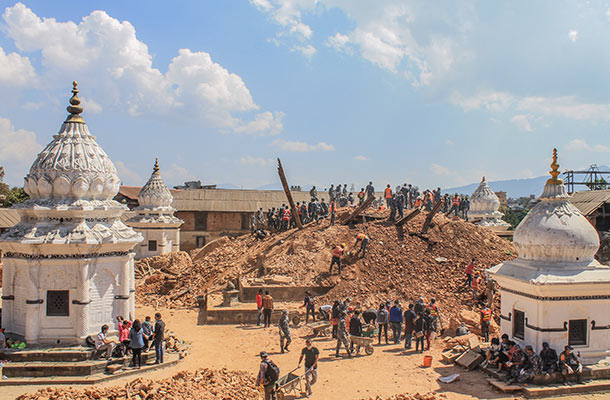
Related articles
Simple and flexible travel insurance
You can buy at home or while traveling, and claim online from anywhere in the world. With 150+ adventure activities covered and 24/7 emergency assistance.
Get a quote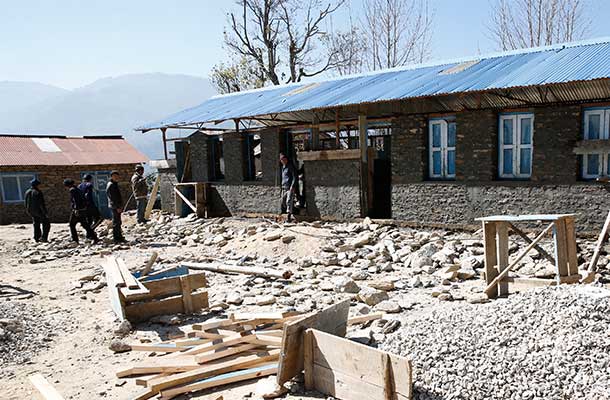
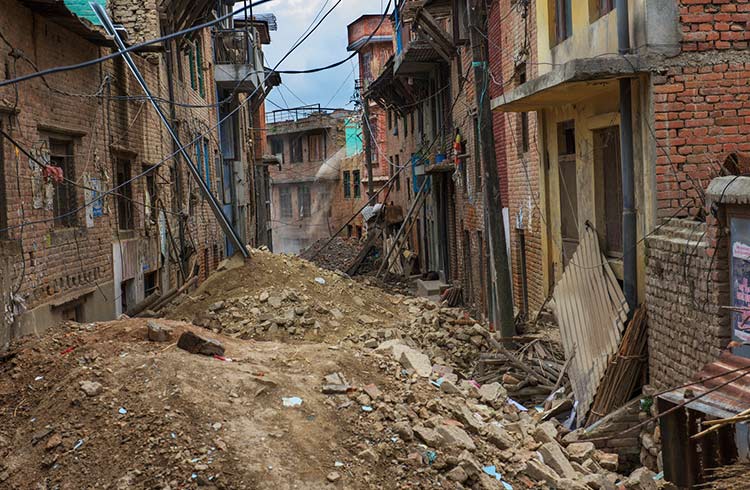
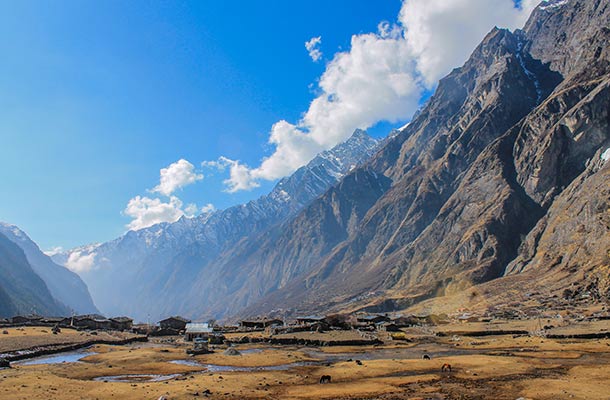
No Comments